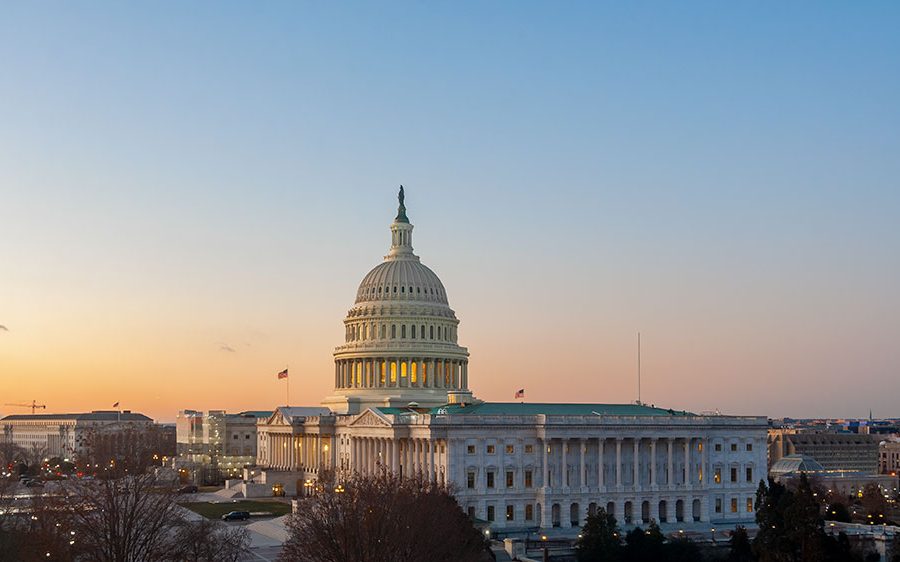House lawmakers approved next year’s military funding as part of a six-part legislative package in a 217-197 vote July 31.
The $1.3 trillion group of bills, known as a “minibus,” funds several areas of the federal government from the Justice Department to the Transportation Department.
For the Pentagon and others that handle defense-related programs, like the Energy Department’s nuclear weapons work, the House offers nearly $659 billion in base defense funding and more than $68 billion for combat operations overseas.
The Defense Department would receive $694.6 billion, or $1.3 billion above its current allocation. Congressmen are offering $10.1 billion for military construction as well. Money for fiscal 2021 takes effect Oct. 1, though Congress is unlikely to agree on a final spending bill until later.
“This legislation recognizes the complex challenges the members of our armed forces and intelligence community face every day throughout the world, and it aims to ensure that they are able to continue to meet these challenges and complete their missions to the best of their abilities,” said House appropriations defense subcommittee Chairman Pete Visclosky (D-Ind.).
Partisan priorities in the wide-ranging package from police reform to climate-change provisions stopped lawmakers from reaching consensus, Rep. Kay Granger (R-Texas), the top Republican on the House Appropriations Committee, indicated in a press release.
“While these bills support many important programs, there were too many fatal flaws that made them unacceptable,” she said. “These provisions must be reversed when these bills are finalized. That is the only way we will be able to produce bipartisan bills that the President can and will sign into law.”
Congressmen backed growing the Air Force to 333,700 Active-duty Airmen, 70,300 Reservists, and 108,100 Air National Guardsmen. The bill endorses most of the service’s major procurement plans, like growing the F-35s and KC-46 fleets, while adding aircraft like the MQ-9 Reaper the Air Force wants to phase out. It also offers $2.5 billion to continue standing up the Space Force.
Several amendments that were adopted would tweak the Air Force’s research and development account to spend more on small-business contracts, intelligence-collection aircraft, drones, communications technology in the Arctic, and facility security. Lawmakers offered more money to update B-2 bomber maintenance training tools and ejection seats in the T-38 trainer jet.
The House also voted to block the Air National Guard from converting 11 KC-135 tankers into backup aircraft until Boeing delivers enough ready KC-46s for regular use.
Senate appropriators have yet to release their own defense spending legislation for 2021.
